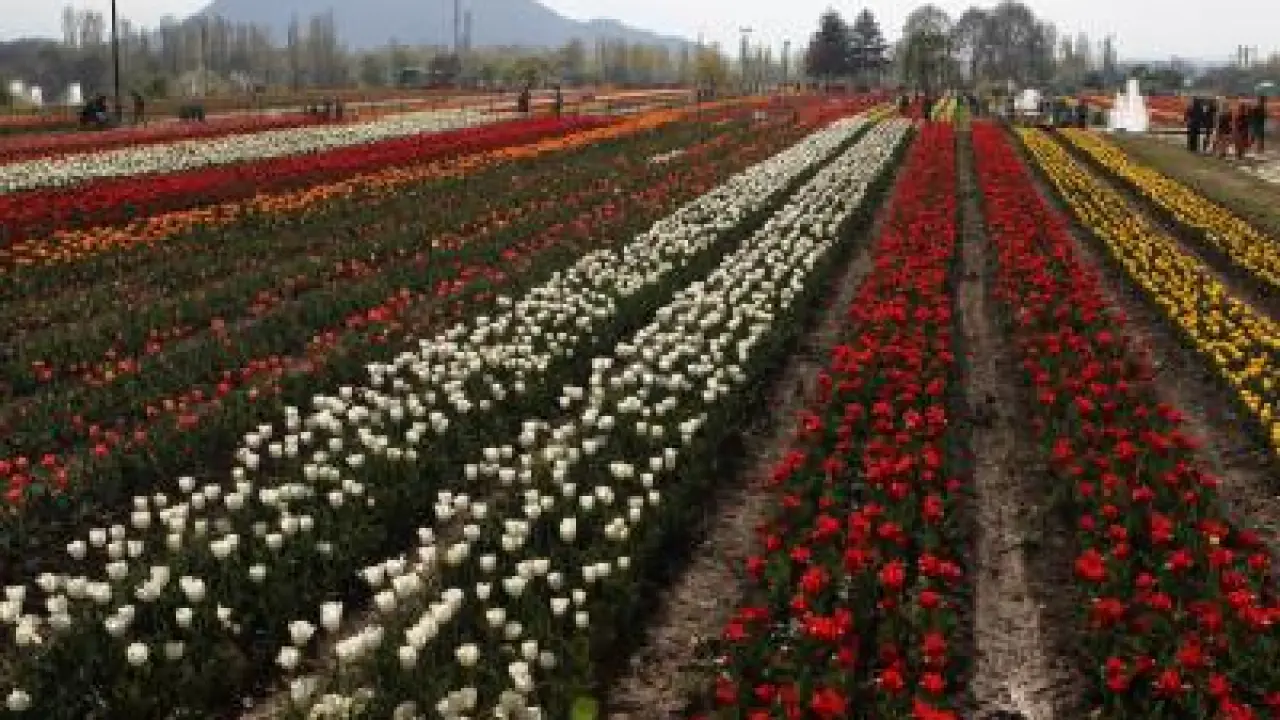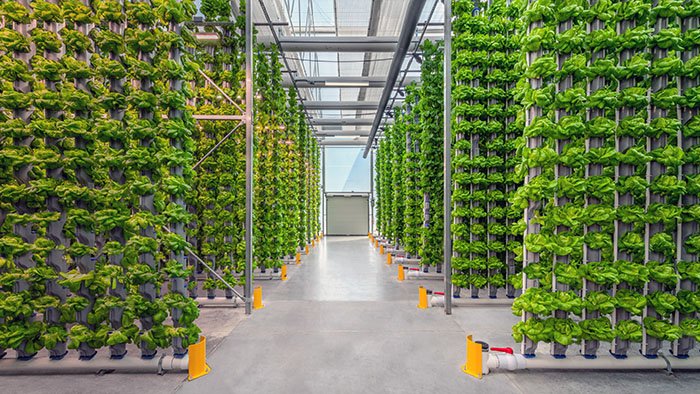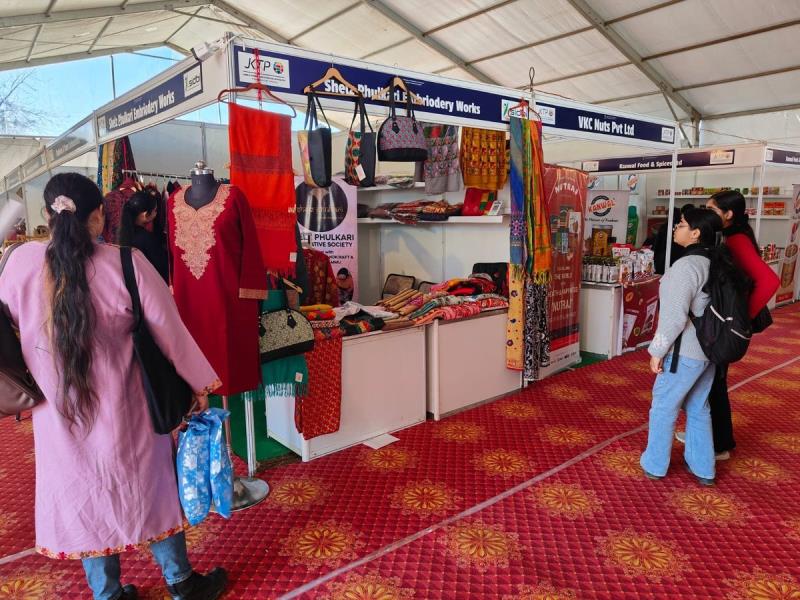Nestled amidst the breathtaking landscapes of the Himalayas, the Union Territory of Jammu and Kashmir boasts a rich tapestry of natural beauty and abundant resources. Among its many treasures, the horticulture sector stands out as a vital pillar of the region’s economy, playing a pivotal role in sustaining livelihoods, fostering economic growth, and promoting sustainable development.
Historical Significance and Evolution
The horticulture sector in Jammu and Kashmir has a storied history, dating back centuries, with the region’s favorable climate and fertile soil providing an ideal environment for cultivating a diverse array of fruits, vegetables, and ornamental plants. Over the years, the sector has undergone significant evolution and transformation, propelled by advancements in technology, infrastructure development, and government interventions aimed at enhancing productivity and market access.
Diverse Agro-climatic Zones
One of the key strengths of Jammu and Kashmir’s horticulture sector lies in its diverse agro-climatic zones, which span from the temperate climate of the Kashmir Valley to the subtropical regions of Jammu. This geographical diversity enables the cultivation of a wide variety of crops, ranging from apples, cherries, and walnuts in the cooler climates of Kashmir to citrus fruits, mangoes, and pomegranates in the warmer plains of Jammu.
Key Commodities and Cultivation Practices
Apples reign supreme as the king of fruits in Jammu and Kashmir, with the region renowned for its high-quality apple varieties such as Delicious, Golden, and Red Chief. Other prominent fruits grown in the region include cherries, apricots, peaches, pears, and plums, each contributing to the rich tapestry of agricultural diversity.
In addition to fruits, the horticulture sector in Jammu and Kashmir also encompasses the cultivation of vegetables, spices, medicinal plants, and ornamental flowers, catering to both domestic consumption and export markets.
Government Support and Initiatives
Recognizing the immense potential of the horticulture sector, the government of Jammu and Kashmir has implemented various support schemes and initiatives aimed at boosting productivity, improving infrastructure, and enhancing market access for farmers. These initiatives include:
High-Density Plantation Scheme: Aimed at modernizing orchards and increasing productivity through the adoption of high-density planting techniques, this scheme has empowered farmers to achieve higher yields and better returns on their investments.
National Horticulture Mission: This centrally sponsored scheme focuses on promoting holistic growth in the horticulture sector by providing financial assistance, technical guidance, and infrastructure support to farmers, cooperatives, and self-help groups.
Cold Storage and Processing Facilities: To mitigate post-harvest losses and ensure the availability of quality produce year-round, the government has invested in the establishment of cold storage, processing, and packaging facilities across the region.
Market Linkages and Export Promotion: Efforts have been made to facilitate market linkages and promote the export of horticultural produce through initiatives such as the establishment of export promotion councils, participation in trade fairs and exhibitions, and the development of export-oriented infrastructure.
Challenges and Opportunities
Despite its many strengths, the horticulture sector in Jammu and Kashmir faces several challenges, including inadequate infrastructure, limited access to credit and technology, fluctuating market prices, and the impact of climate change. However, these challenges also present opportunities for innovation, diversification, and value addition, particularly through the adoption of sustainable farming practices, organic certification, and the development of niche markets for specialty crops.
Conclusion
In conclusion, the horticulture sector serves as a cornerstone of Jammu and Kashmir’s economy, offering a source of livelihood to millions of farmers, generating income, and fostering socio-economic development across the region. With continued government support, technological advancements, and proactive interventions, the sector is poised to thrive and contribute significantly to the prosperity and well-being of the people of Jammu and Kashmir for generations to come.




